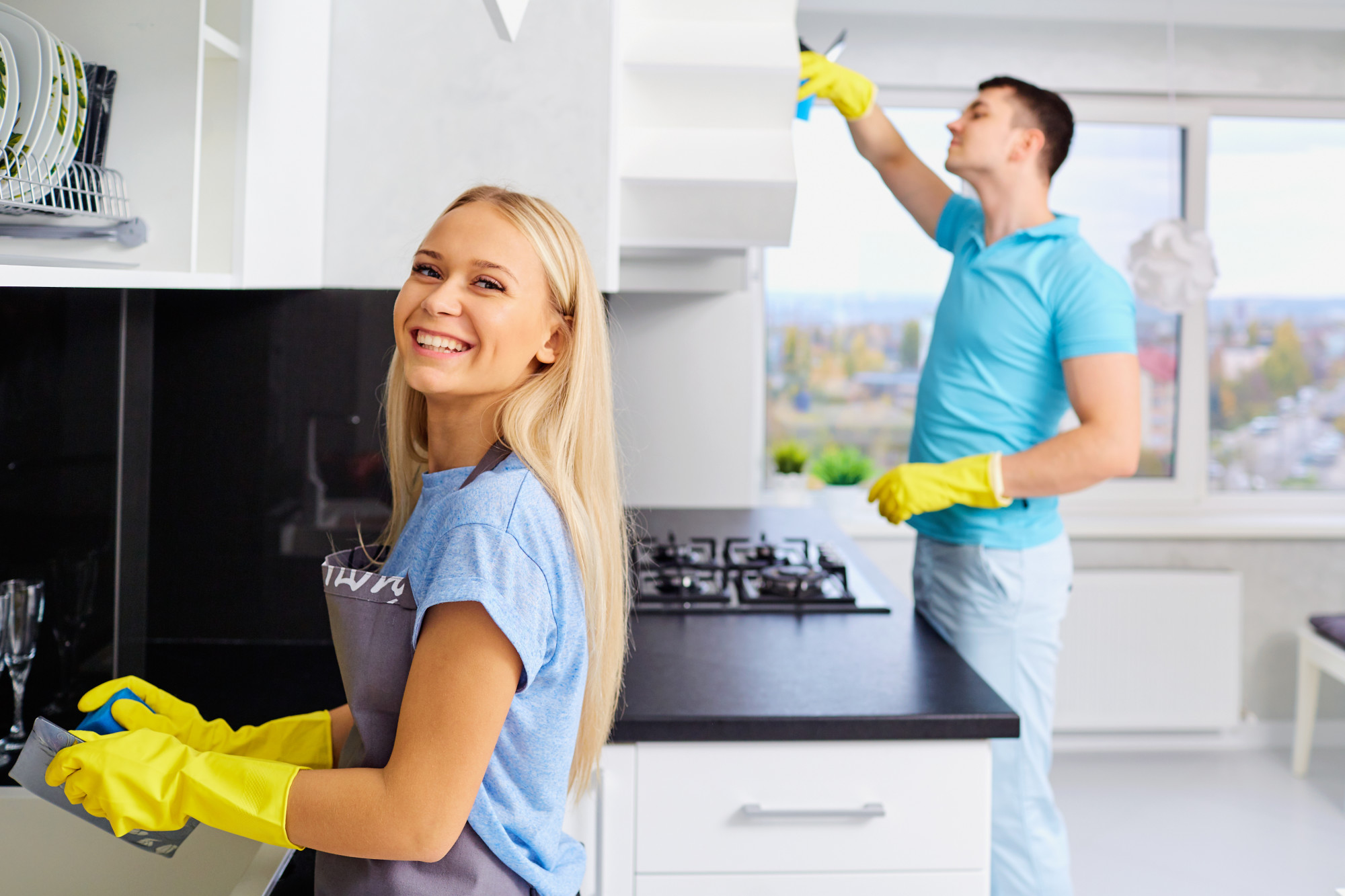Best cleaning tips for healthy home
Creating a clean and safe environment in your home is key to helping protect you and your family from illness. With these essential steps for spotless, healthy home cleaning, you'll have a deep-cleaning plan that combines efficient solutions and simple routines—leaving your house sparkling clean.
Use non-toxic cleaning products
Many commercial cleaning products contain harmful chemicals that can be detrimental to your health. Instead, opt for natural cleaning products such as vinegar, baking soda, and lemon juice.
Focus on high-touch areas
High-touch areas such as doorknobs, light switches, and countertops are areas where germs can thrive. Make sure to clean these areas frequently with disinfectants.
Dust regularly
Dust can accumulate quickly and trigger allergies and respiratory problems. Use a damp cloth or microfiber cloth to dust and clean your home regularly.
Use a vacuum with a HEPA filter
Dirt, dust, and other debris can accumulate quickly on floors, so make sure to sweep, vacuum, or mop regularly. If you have carpet, use a professional carpet cleaning service if you can't use proper cleaning methods. A vacuum with a HEPA filter can trap small particles, such as dust mites, pet dander, and pollen that can cause allergies and respiratory problems.
Wash bedding and linens frequently
Bedding and linens can harbor dust mites and bacteria, which can cause allergies and infections. Wash them at least once a week in hot water to kill germs and remove allergens.
Keep your kitchen clean
The kitchen is the heart of any home—and the most important room to keep clean. The kitchen is a breeding ground for germs, so it's essential to keep it clean. Wipe down countertops, wash dishes frequently, and clean the refrigerator and stove regularly. Look for crumbs or spills beneath appliances which should be removed before you mop or sweep the floor. Avoid using harsh chemicals that can produce toxic fumes; use natural options when possible like vinegar, lemon juice, and baking soda to tackle tough tasks.
Don't forget the bathroom
The bathroom is another area that can harbor germs and bacteria. Clean the toilet, sink, and shower regularly with disinfectants to prevent the spread of germs. Also, make sure to replace the shower curtain or liner regularly.
Use natural air fresheners
Synthetic air fresheners can contain harmful chemicals that can be irritating to your respiratory system. Instead, use natural air fresheners such as essential oils, baking soda, or simmering herbs and spices.
Reduce clutter
Clutter can make it difficult to clean your home and can also trap allergens and dust. Regularly declutter your home to make cleaning easier and promote good indoor air quality.
Open windows for ventilation
Proper ventilation can help to reduce indoor air pollution and promote good air quality. Open windows and doors, especially during the warmer months, to let fresh air circulate through your home. Try to always keep your window clean.
Don't neglect the outside of your home
The exterior of your home can also impact indoor air quality. Make sure to regularly clean gutters, remove debris clean from around your home, and maintain your yard to prevent pests and mold growth.
By following these cleaning tips, you can keep your home clean and healthy, reduce the risk of allergies, respiratory problems, and illnesses, and promote a better living environment for you and your family. Remember to make cleaning a regular part of your routine and maintain good hygiene practices to keep your home healthy and safe.
